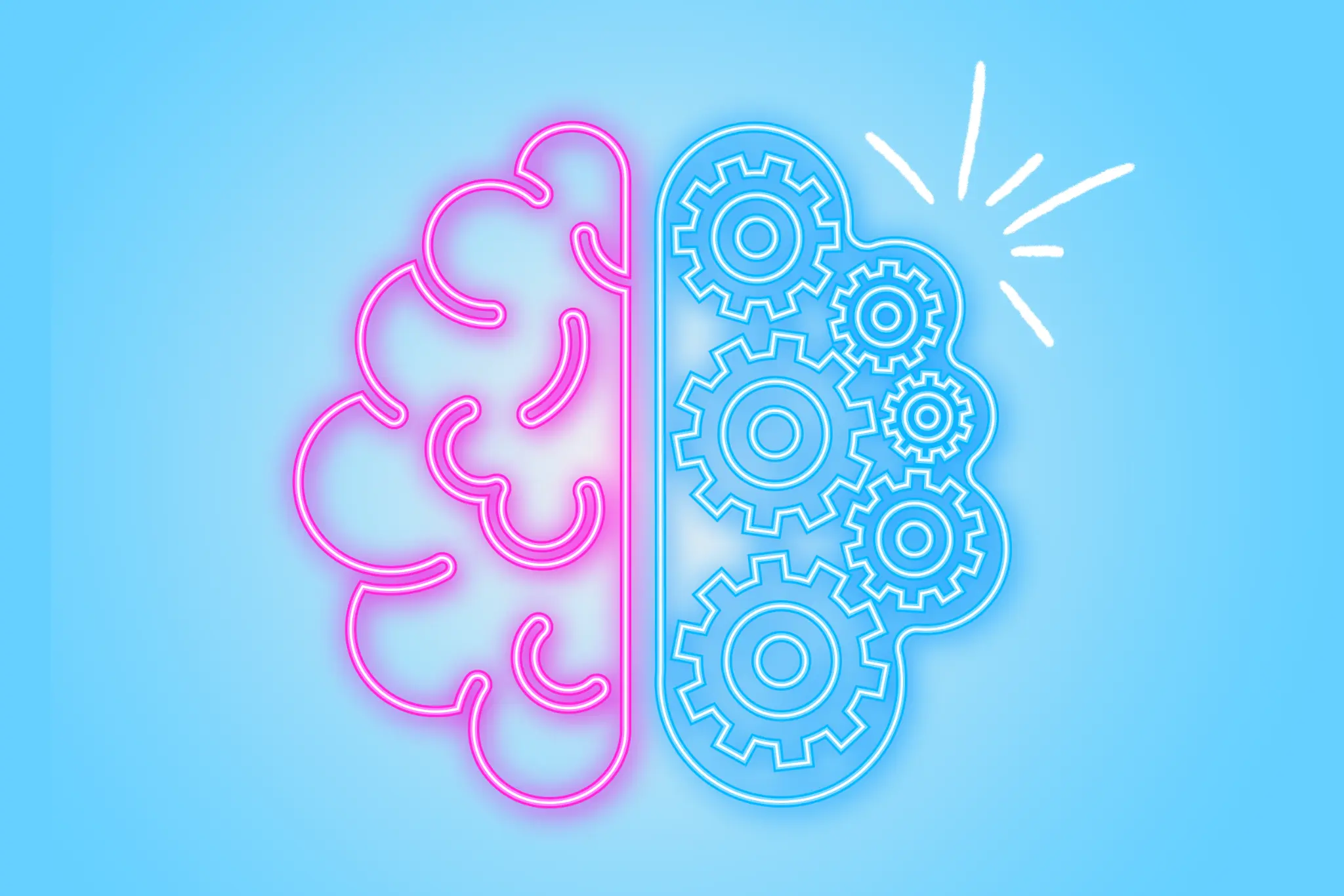Advances and Expectations in Code Automation
Major technology companies have expressed optimism about artificial intelligence’s (AI) growing role in software creation. Executives from Anthropic, Meta, Amazon, Google, and Microsoft have emphasized the potential of large language models to accelerate and enhance the coding process. Some predict that in the near future, AI could be responsible for producing a significant portion of new software.
Yet, developers’ experiences reveal a more nuanced reality. Many engineers who have used AI-assisted tools report that, while helpful for routine or short-term tasks, these systems have not drastically improved long-term productivity. Several professionals note that AI-generated code often requires review or rewriting to meet technical standards and ensure functionality.
Human Oversight Remains Essential
Industry experts agree that human expertise continues to play a critical role. Representatives from AI development teams stress that every line of code produced by an AI model should be reviewed by an engineer. So-called “agents,” designed to test and rewrite code autonomously, represent a step toward automation, but their results can be inconsistent and sometimes counterproductive.
Productivity and Ongoing Challenges
Research on AI’s impact in software engineering has produced mixed findings. Some studies suggest minor gains in efficiency, while others report slower completion times when developers rely heavily on AI tools. There is also growing concern that replacing entry-level engineers with automation could limit the future talent pipeline needed to oversee and refine these technologies.
In summary, artificial intelligence has become an important asset in modern programming, but it has not replaced human contribution. The future of software engineering appears to depend on a balanced partnership between AI-driven innovation and human technical judgment.







